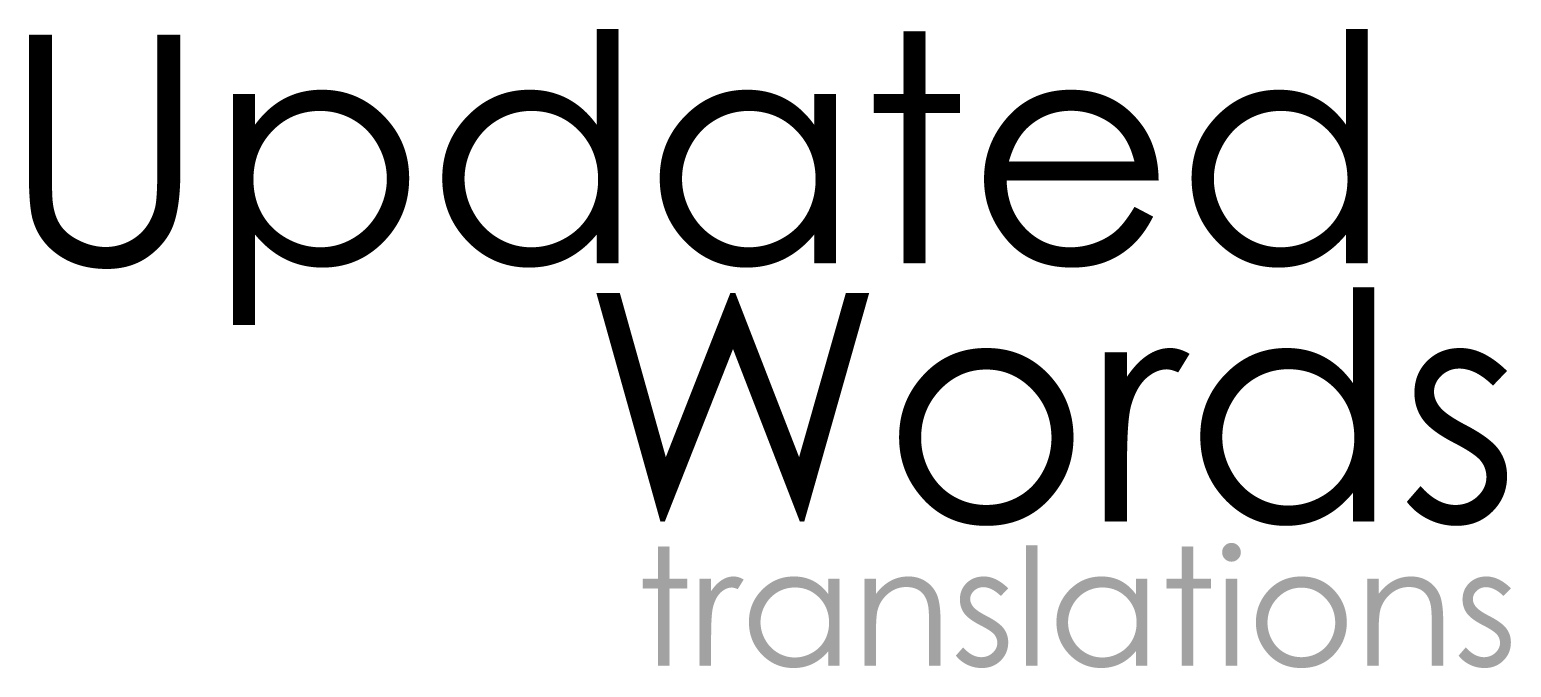You may have a few simple things you would like to know about us. Here you will find some of the most frequently asked questions we get. You can always contact us directly at any time, should you have any questions. We are here to help you!
Services
In terms of quality, there is no difference. A Certified Translation is an official document, usually required for official applications. It has to be carried out by a Certified Translator and it has to contain their stamp. In Australia, translators are Certified by NAATI.
A Certified Translator is a qualified language professional, who has been granted Certification by a Certifying body. In Australia, that body is NAATI. To be Certified the translator must provide proof of their professional qualifications and pass a professional competency test. Certified Translators are also required to provide proof of their continuing professional development to renew their certification.
No. You must be aware of the regulations of the country or entity to whom the translations are destined. Before engaging a translation service, make sure you know the regulations, so you avoid paying double for the same service. In Australia, all translations to be submitted to the Government (and most entities) must be done by a NAATI Certified Translator. That translator has the ability to provide the final product. In Portugal, the rules are different. For example, if you live in Australia and you are submitting an application with the Portuguese Consulate, you still have to hire a NAATI Certified Translator to do it for you, but then, the Consulate will recognise the translator’s signature and that is the final step.
No. A Certified Translation is an official document that contains the stamp and signature of the professional who translated it. Authorities will require the original to prove its authenticity. Also, for security reasons, translators do not send digital copies of Certified Translations to protect themselves from the risk of identity theft.
No. A Certified Translator can only certify their own translations. It is not permitted to certify someone else’s work.
It depends on the level of Certification of that particular translator. Some translators seek certification in both directions, others have it in one direction only. That does not mean the translator cannot translate in both directions, it just means they do not have the certification for that.
Yes. If alterations are proposed after Quote approval, a new Quote will be prepared. The new Quote will set a new delivery date due to alterations, according to our Terms & Conditions.
Pricing
Absolutely. At Updated Words there are no nasty surprises. All documents will be quoted based on our published Price List and our Terms & Conditions.
Your Quote will set your final costs. All extra charges associated with the service provided will be set on your Quote. There are no hidden costs at Updated Words. All charges are set up front. For the work to start, both Quote and Terms & Conditions must be formally approved.
Yes. The Quote is prepared based on the first document provided (Original), according to our Terms & Conditions, if you make alterations to the Original, these must be submitted for quoting. The Invoice will contain the price set in both Quotes.
Payment
For first time clients, payment must be done upon delivery. For other clients, there is a 7-day after delivery payment term. For corporate clients, other terms may be arranged, depending on the volume of work.
You can pay by bank transfer. The bank details will be provided in the invoice.
